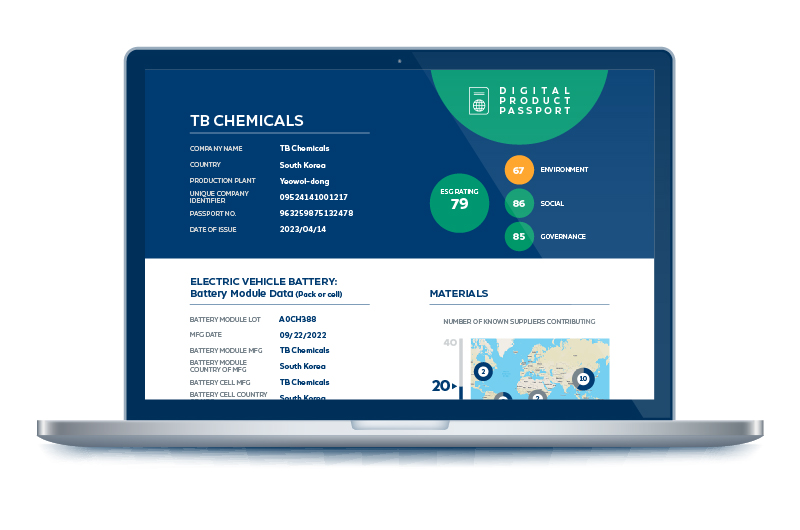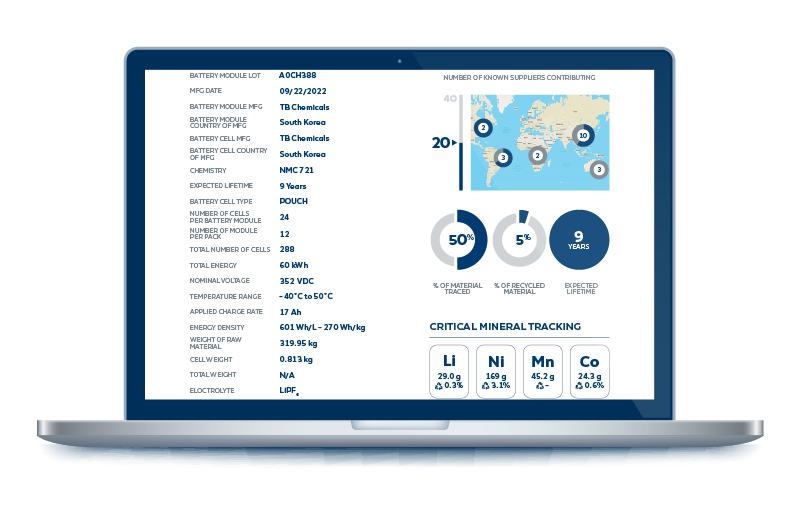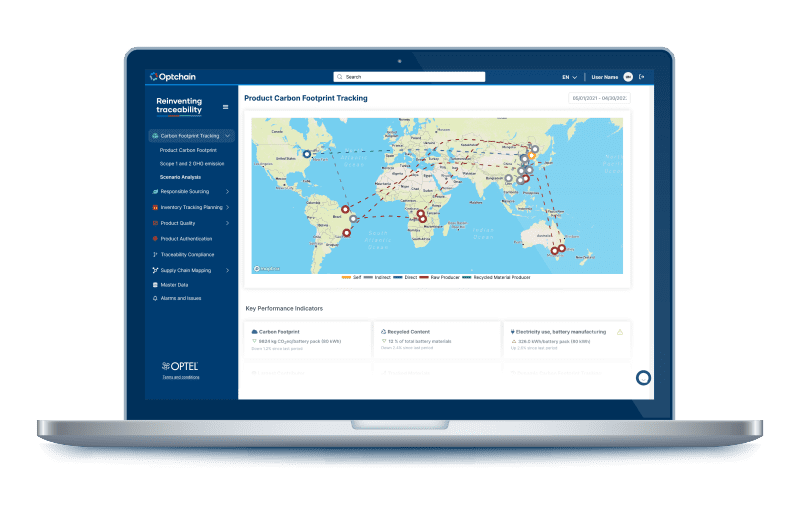There are also growth opportunities for companies and consumer benefits.
Businesses can scrutinize their supply chains, pinpoint inefficiencies, and look for improvements. They can also leverage the data to better design products with more sustainable practices and for circularity, which in turn could allow them to adopt a first-mover advantage, charge a price premium and elevate customer loyalty. Furthermore, thanks to data transparency, companies will create better shareholder value and meet the evolving ESG requirements of investors and other funding entities.
Consumers, on the other hand, will receive valuable insights into the products they purchase, knowing their environmental impact and origin. More informed decision-making will inevitably cause a shift in the market: with consumers allocating their dollars to companies that are taking concrete actions towards sustainability (and proving it), laggards will lose out on their competitive edge. In essence, DPP promotes an open, transparent market, fostering trust and accountability.










